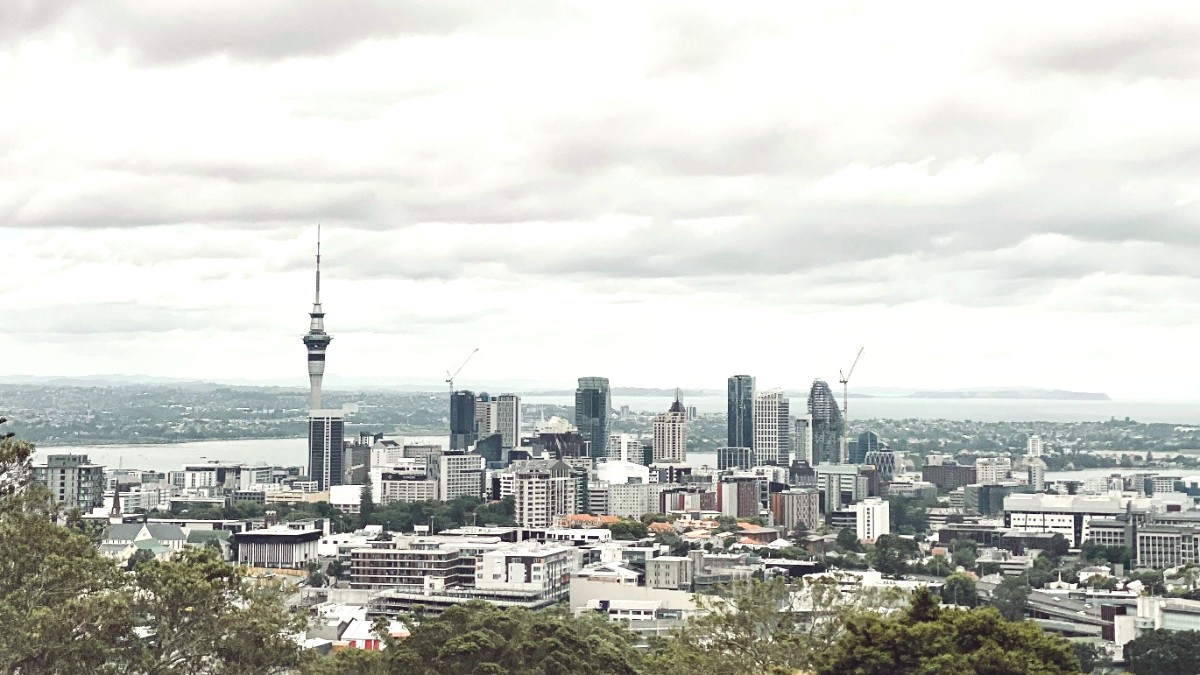
New Zealand
A vast marine park protecting marine life and ecosystems, with predator-free island sanctuaries for native birds.
Managed by Auckland Council, these parks protect native bush, coastal environments, and wildlife, while offering recreation.
New Zealand promotes this commitment to guardianship, encouraging visitors to care for land, sea, and nature.
Conscious choices on your journey contribute to environmental well-being.
Recycling is widely practiced throughout Auckland. Look for clearly marked bins.
While Auckland generally holds sufficient water, droughts can occur, especially during dry summers. Water restrictions may be in place.
Many airlines flying to New Zealand present optional carbon offset programs during booking.
Seek businesses with environmental certifications or explicit sustainability commitments.
Support brands committed to environmental stewardship, such as Patagonia, for durable and responsibly made outdoor apparel.
Shop PatagoniaMinimize waste by buying reusable products from companies like Package Free Shop.
Explore ReusablesAlways carry out what you carry in. Dispose of waste responsibly and respect natural habitats.
Respectful engagement with cultural practices enriches your experience and honors local heritage.
New Zealand prioritizes revitalizing Te Reo Māori and preserving Māori cultural practices, arts, and traditions.
If invited onto a Marae (Māori meeting grounds), always follow the guidance of your hosts.
Respect privacy. Avoid intrusive photography of private homes, religious ceremonies, or individuals without their explicit consent.
When visiting churches or other religious sites, dress modestly.
A dive into unique cultural practices and values.
Making an effort to pronounce Māori place names correctly shows respect for the language.
Appreciate the power and meaning of the Haka as a cultural expression, avoid imitation.
Understand the cultural importance of Pounamu (greenstone) and its traditional uses.
Responsible travel involves making choices that positively shape the local economy and communities.
Seek tours or experiences directly owned and operated by local Māori communities or other local groups.
These initiatives often present authentic cultural insights.
Economic benefits directly support the community's well-being and development.
Research reputable local charities or conservation organizations rather than giving to individuals on the street.
Organizations dedicated to Māori cultural preservation, environmental conservation, or social welfare are excellent choices. Check The Rainforest Site for a relevant cause.
Donations through recognized organizations ensure a positive and lasting impact on the community.